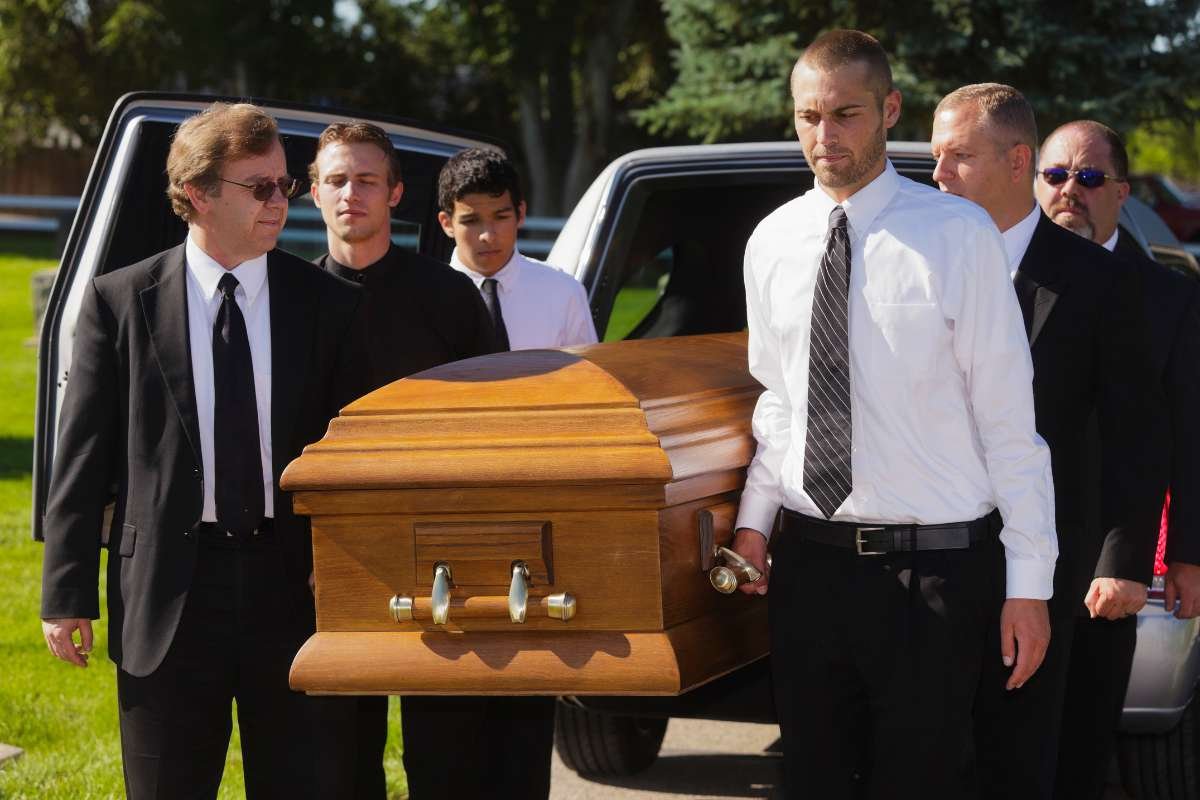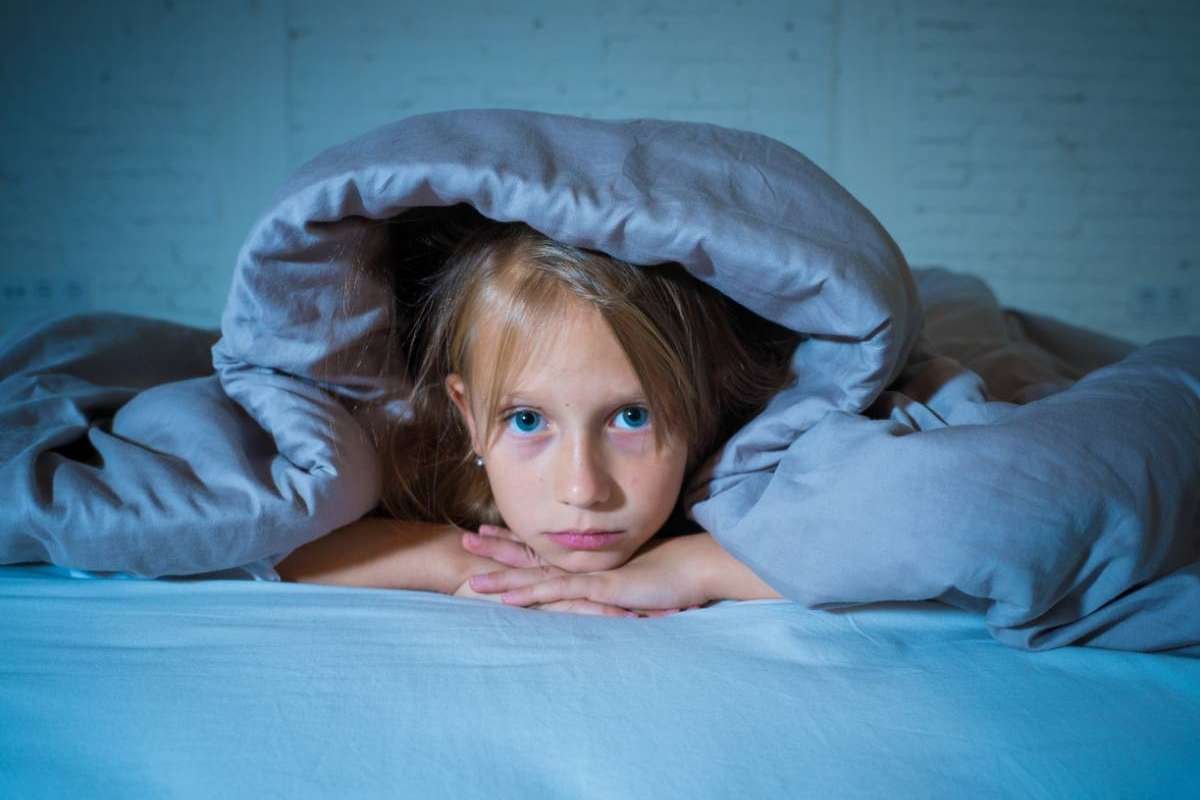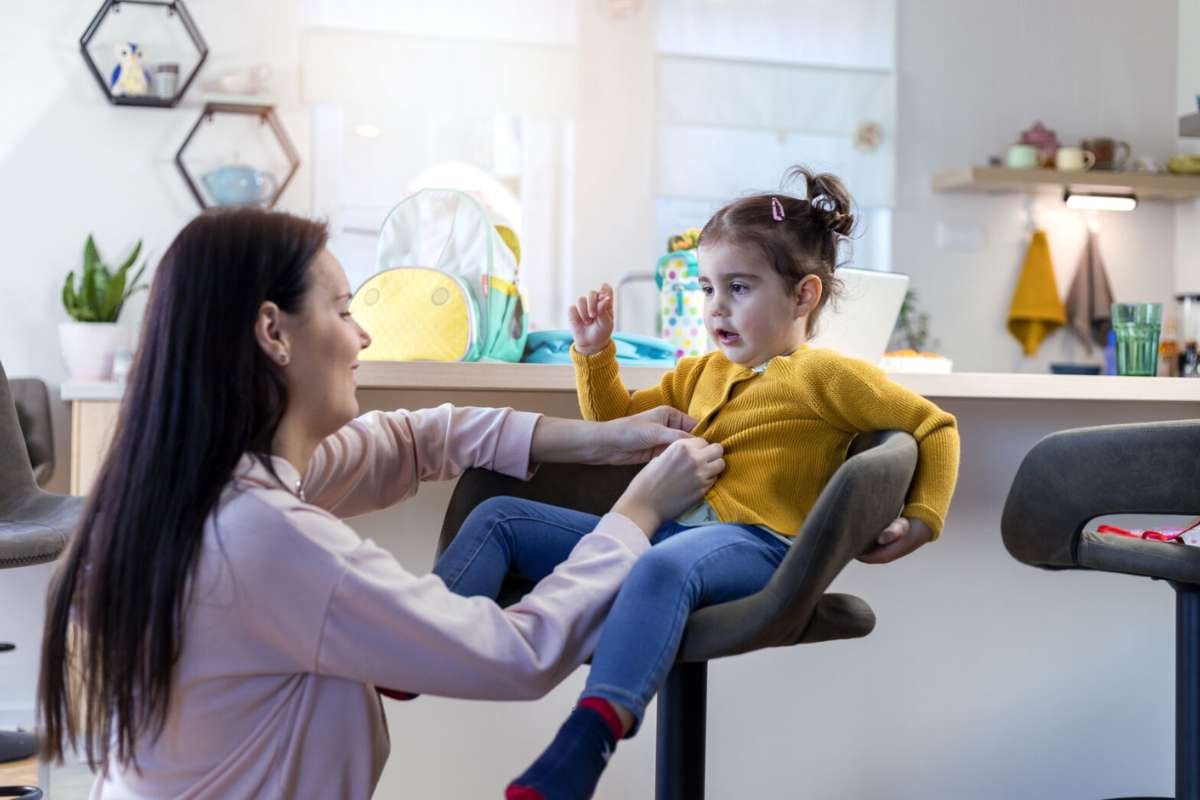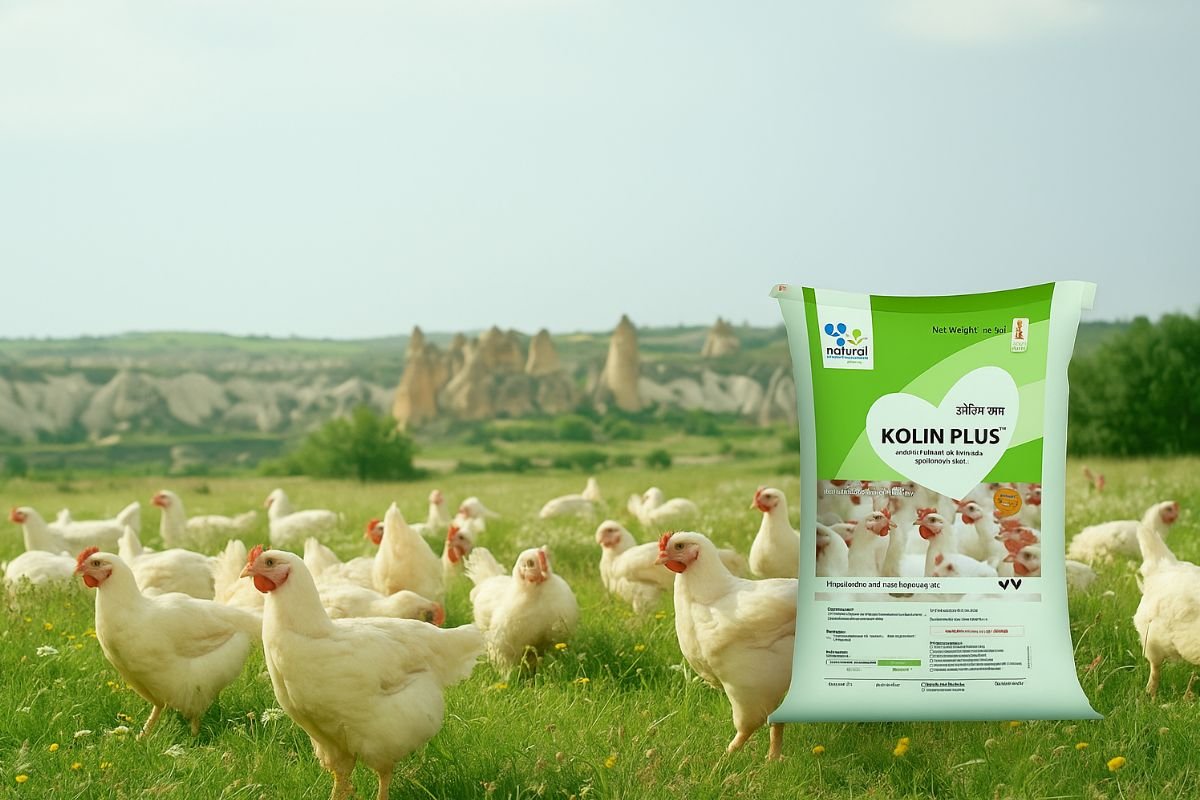How do we honor loved ones and say goodbye when gathering isn’t always possible? The COVID-19 pandemic fundamentally changed how we arrange a funeral, shifting customs and forcing an industry to adapt to unprecedented times.
The funeral industry, deeply rooted in tradition, was suddenly at the forefront of innovation and adaptation.
The Immediate Effects of the Pandemic on Funerals
At the pandemic’s peak, lockdowns and restrictions on gatherings halted in-person events across the globe, and funerals were no exception. This presented a unique challenge as funerals are traditionally attended in person, providing family members and friends a final opportunity to pay their respects.
For many, the inability to arrange a funeral in person created a sense of disconnection and loss beyond that of grieving a loved one. Families were often unable to be physically present with one another during these moments, which led to a rise in virtual funeral services.
The Shift to Virtual and Live-Streamed Funerals
Virtual funerals quickly became one of the most significant changes in the funeral industry. Funeral homes began offering live-streaming services, allowing friends and family to attend from anywhere in the world. While initially a necessity, virtual attendance has since become a preferred option for many, offering a convenient and safe way for mourners to attend services.
Virtual funerals also offer flexibility in timing, as many services can now be recorded and replayed. This has allowed families to share memories and funeral moments with those who may not have been available to join live.
Increased Demand for Alternative Funeral Services
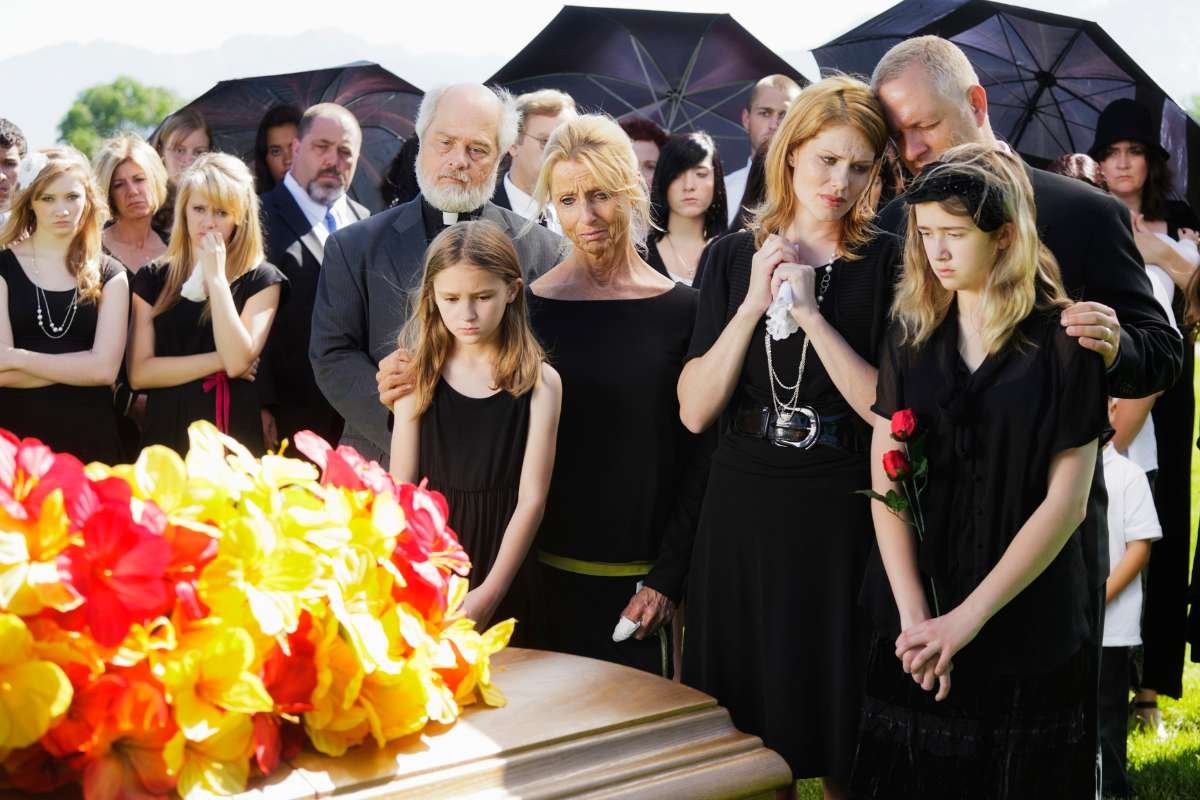
With traditional gatherings restricted, the demand for alternative funeral services increased. These included:
- Outdoor Services: Outdoor gatherings became popular due to the lower risk of virus transmission. Many families began arranging funeral services in parks, gardens, and other open spaces to allow for safer attendance.
- Drive-Through Viewings: In some areas, funeral homes organized drive-through viewings, where family and friends could pay their respects from their cars. This option allowed mourners to have a brief moment of connection without compromising safety.
- Private and Small Ceremonies: Small, intimate ceremonies with limited attendance became the norm. Many families found that these scaled-down services allowed for a more personal and meaningful experience, something that may continue to appeal to people even post-pandemic.
The Rise of Pre-Planning and Pre-Paid Funerals
The uncertainties of the pandemic led many people to rethink end-of-life arrangements, resulting in a rise in pre-planned and pre-paid funerals. The Funeral industry observed that Individuals and families recognized the emotional and financial burden that planning a funeral during a crisis can place on loved ones, and began proactively arranging services.
Pre-planning allows individuals to outline their preferences, from ceremony type to specific details, so their loved ones don’t have to make those decisions in a time of grief. Additionally, pre-paid funerals can alleviate the financial strain for families and allow for peace of mind. This trend is expected to continue growing as people realize the practical and emotional benefits of having funeral arrangements prepared in advance.
Changes in Cultural and Religious Funeral Practices
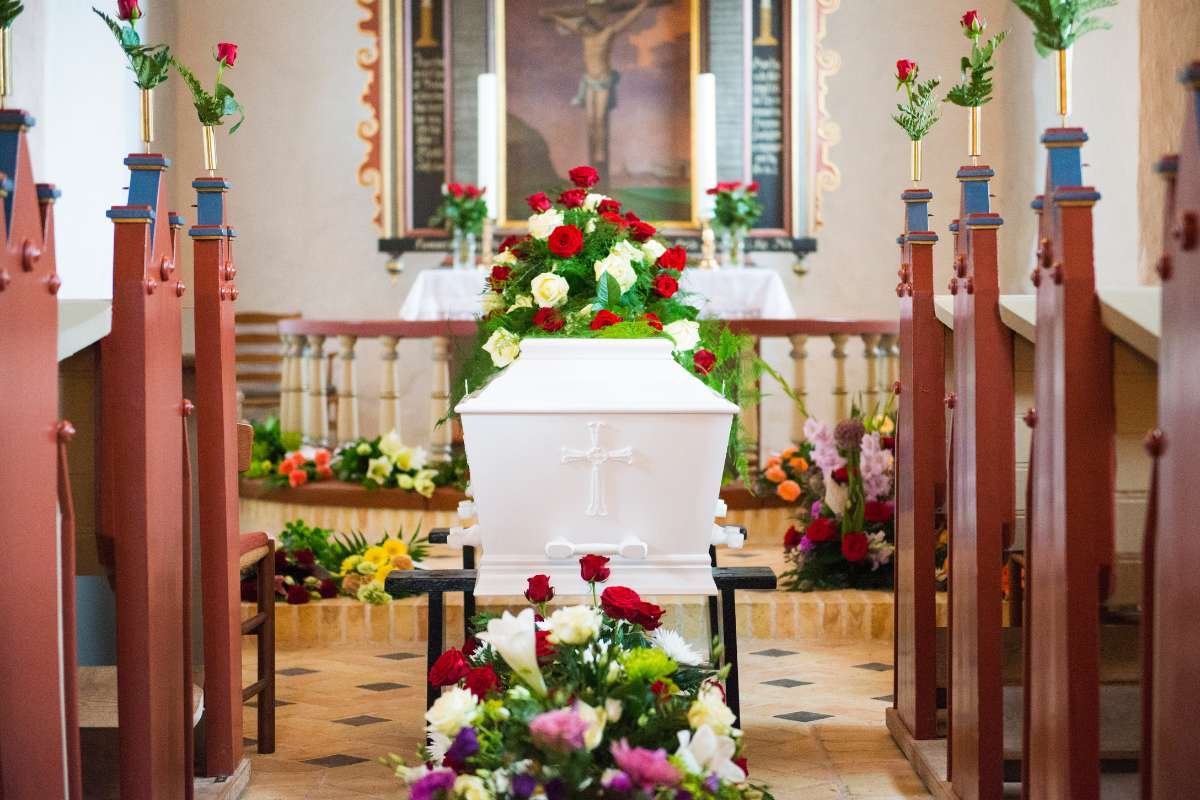
The pandemic forced a reconsideration of many cultural and religious funeral practices. Traditional gatherings, which are often integral parts of these ceremonies, had to be adapted, postponed, or skipped altogether. For instance, some religious customs, such as washing the body or close contact rituals, had to be limited or modified due to safety concerns.
Digital Mourning and Cultural Adaptation
In response, some religious groups developed digital adaptations, such as online prayer circles, virtual Shiva sittings in Jewish culture, or digital rosaries for Catholic ceremonies. Although these adaptations were initially made out of necessity, many are now embraced for the inclusivity they bring, allowing far-away family members to participate more easily.
Financial Implications and the Role of Not-For-Profit Funerals
The pandemic also placed significant financial strain on many families, making the cost of arranging a funeral a larger burden. This led to increased interest in not-for-profit funeral services, which often offer more affordable options and transparent pricing. Not-for-profit funeral homes prioritize community support and providing compassionate services over profit, making them an appealing choice for families seeking meaningful yet affordable funeral arrangements.
Not-for-profit options allow families to arrange a funeral without facing overwhelming expenses, making it possible to focus on celebrating the life of the deceased rather than worrying about costs. This trend toward cost-effective and transparent funeral options is likely to continue as families become more mindful of both expenses and the quality of services provided.
The Shift Towards Green and Eco-Friendly Funerals
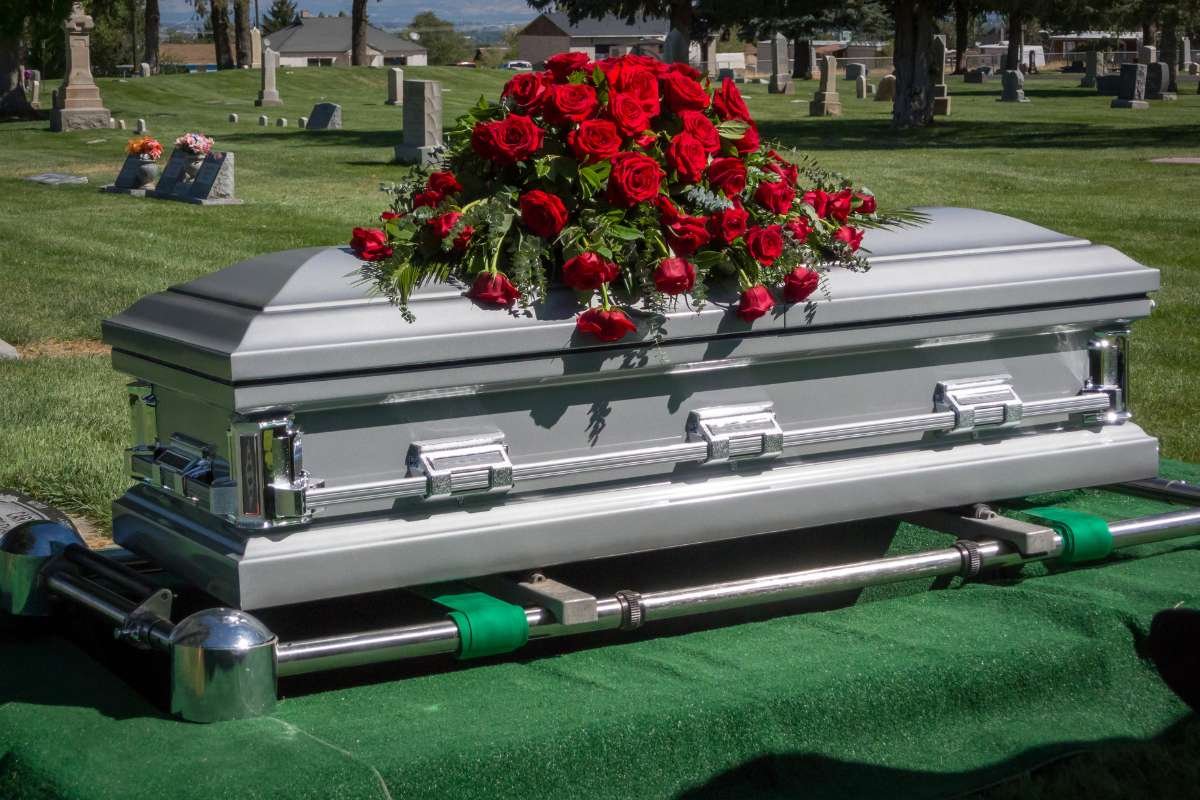
Another change accelerated by the pandemic is the growing interest in eco-friendly or “green” funerals. During the pandemic, people became more aware of environmental impact and sustainability, and this has extended into the way they wish to be remembered.
Eco-friendly funerals prioritize minimal environmental impact, often incorporating biodegradable materials, natural burials, and minimal use of chemicals. Many families now consider options such as:
- Natural Burials: Where the body is laid to rest in a natural setting, often without embalming chemicals, allowing it to decompose naturally.
- Biodegradable Urns and Caskets: Made from materials like bamboo, wicker, or biodegradable cardboard.
- Tree Planting: Some choose to have a tree planted in memory of the deceased as a symbol of life and renewal.
This trend aligns with the values of families who seek to honor their loved ones in a way that respects and preserves the environment, and it is expected to shape the future of funeral planning.
The COVID-19 pandemic reshaped the funeral industry in profound ways, forcing it to adapt and innovate in response to global challenges. From virtual services and pre-planning to eco-friendly options and digital memorials, the ways we arrange a funeral and honor loved ones have transformed.

